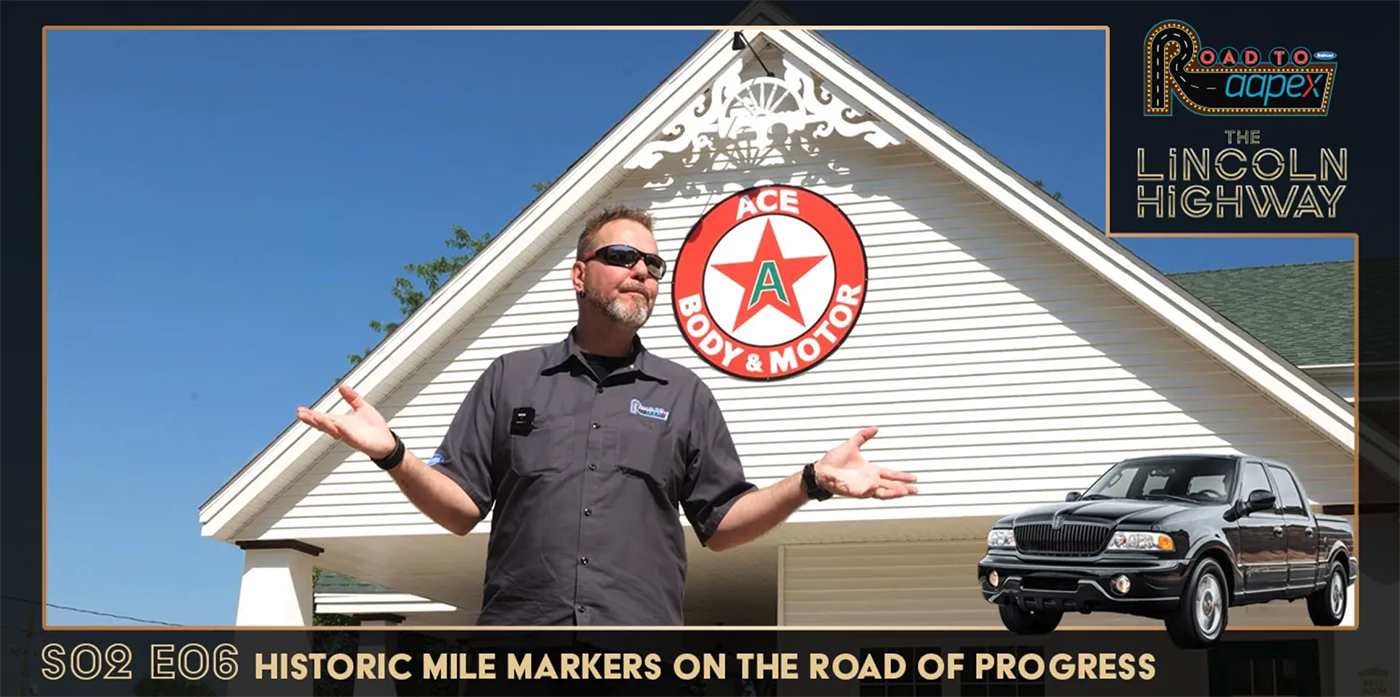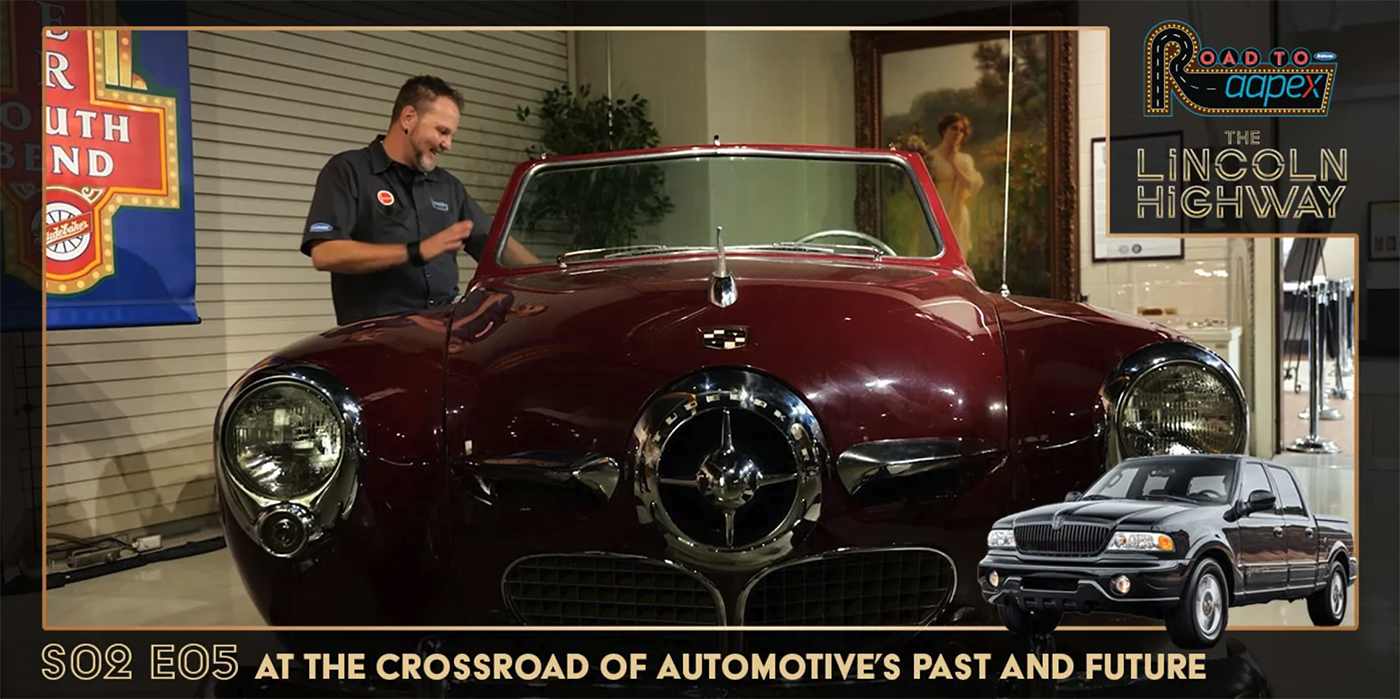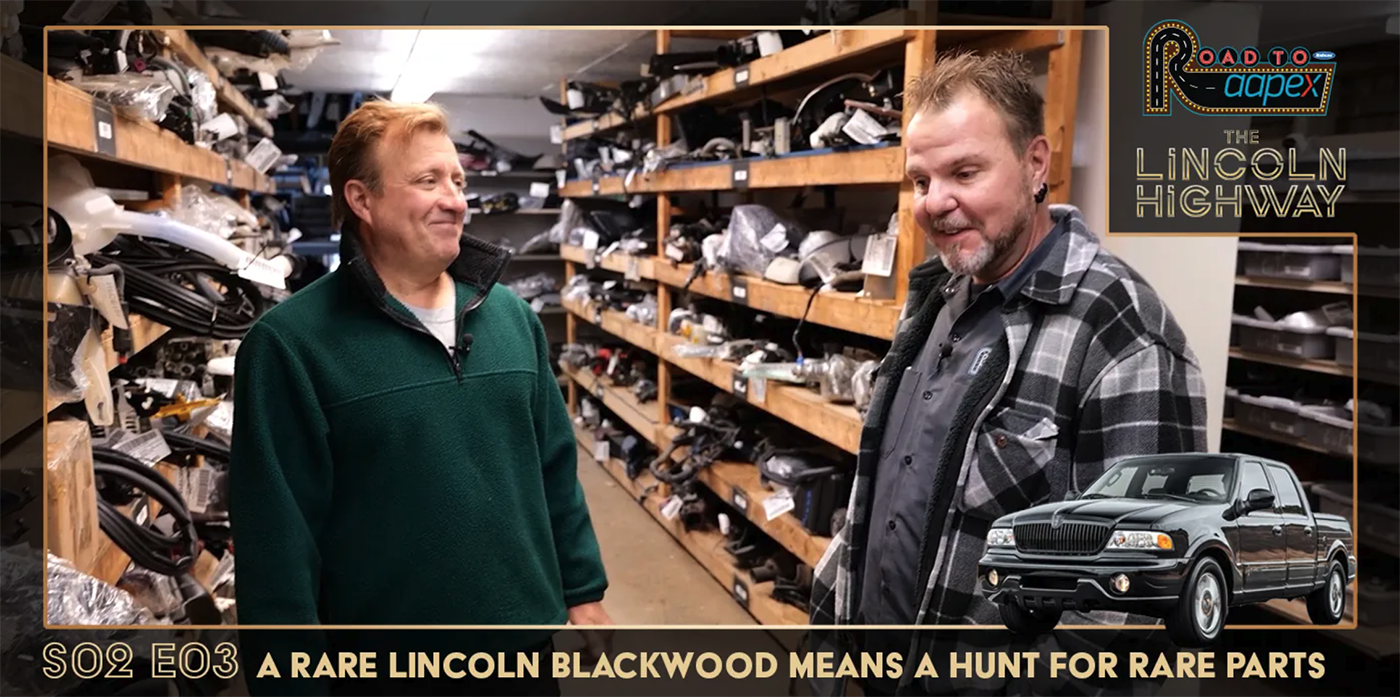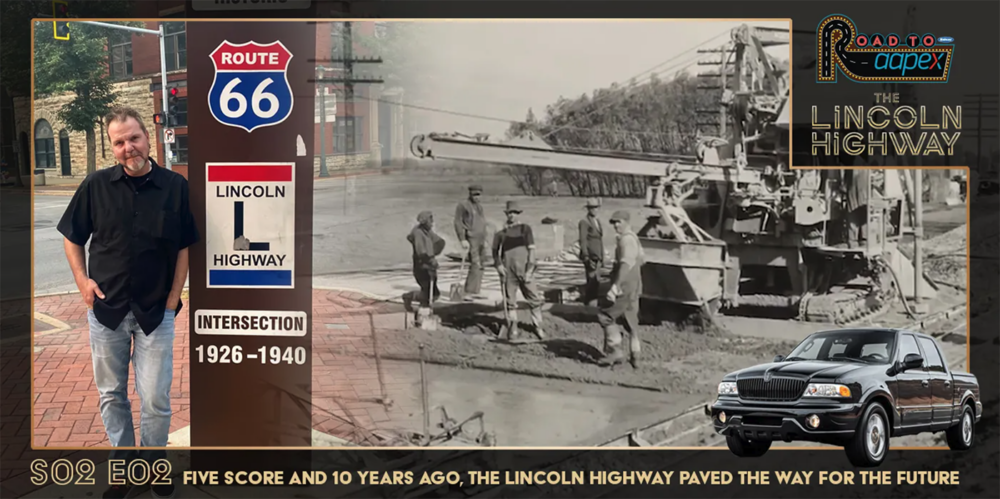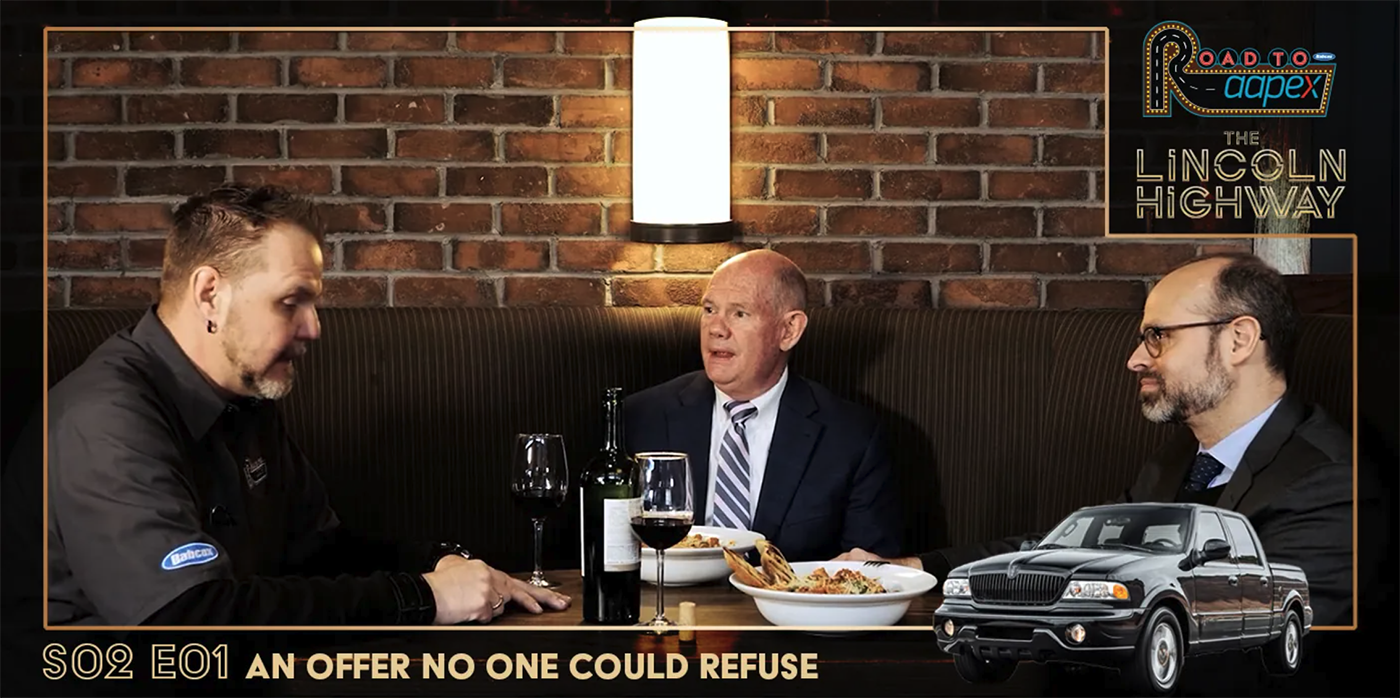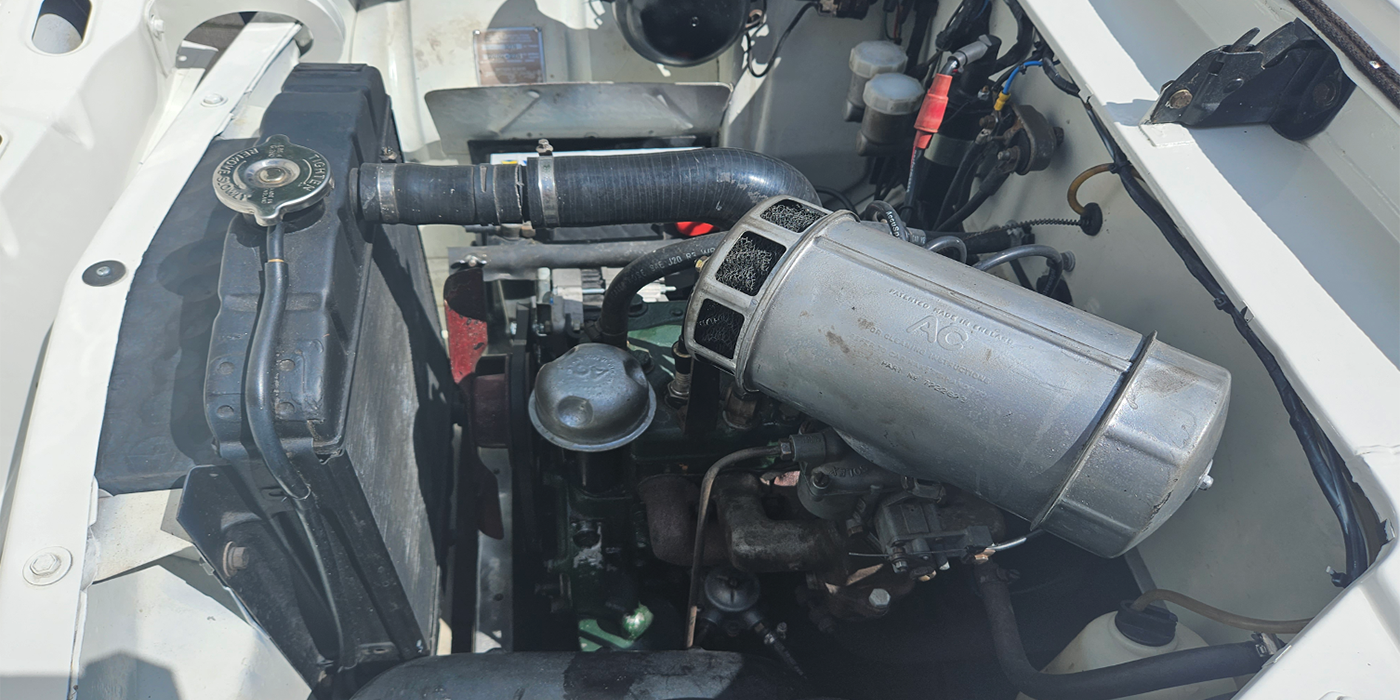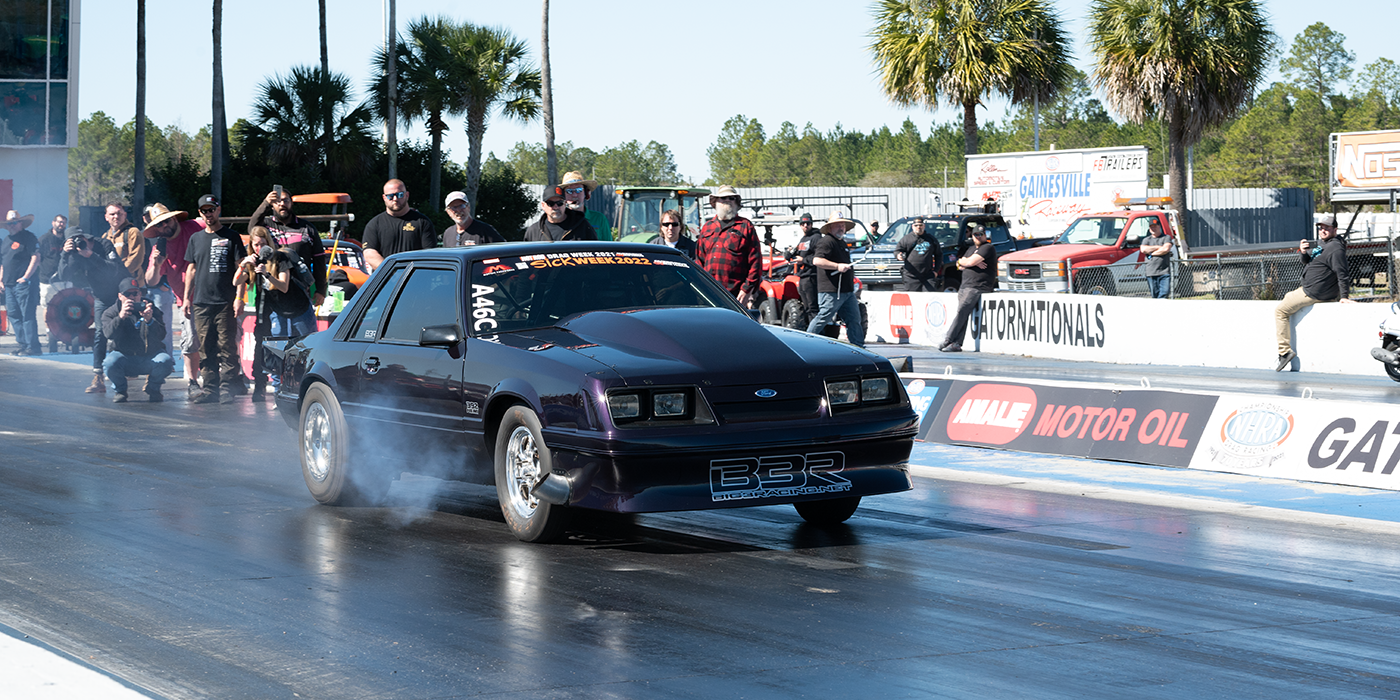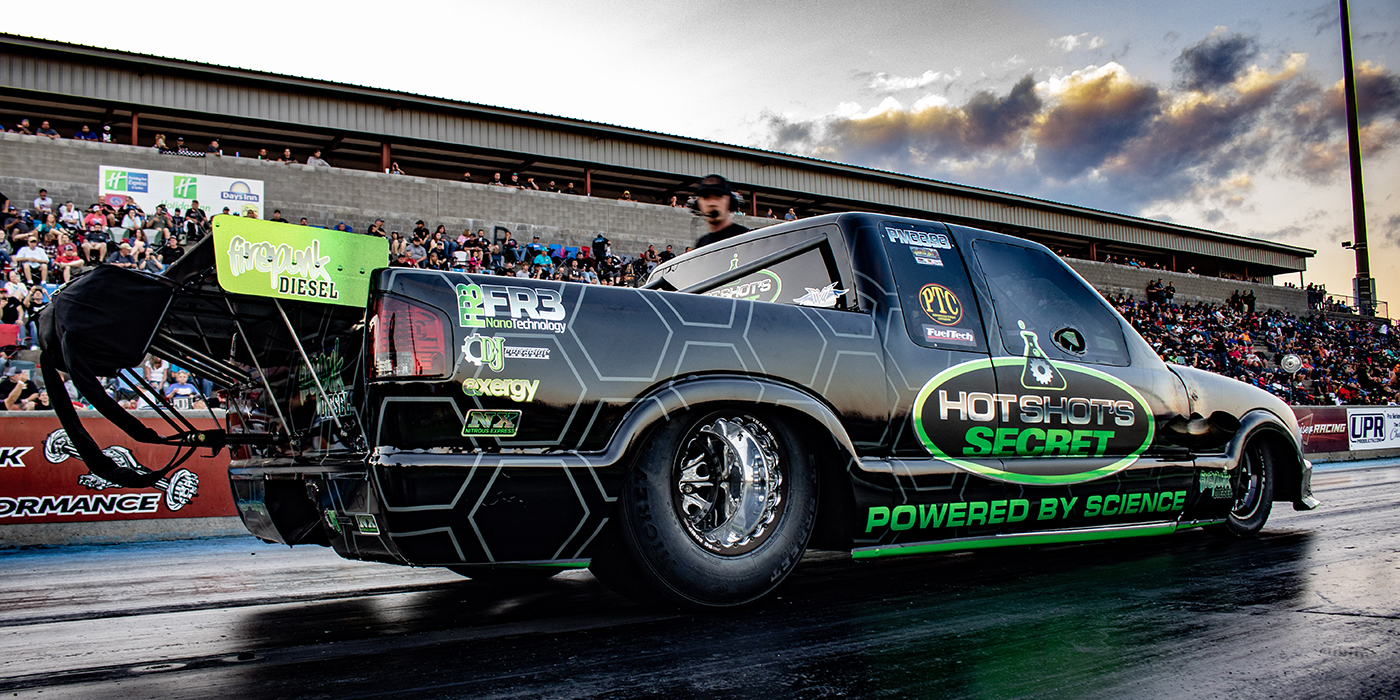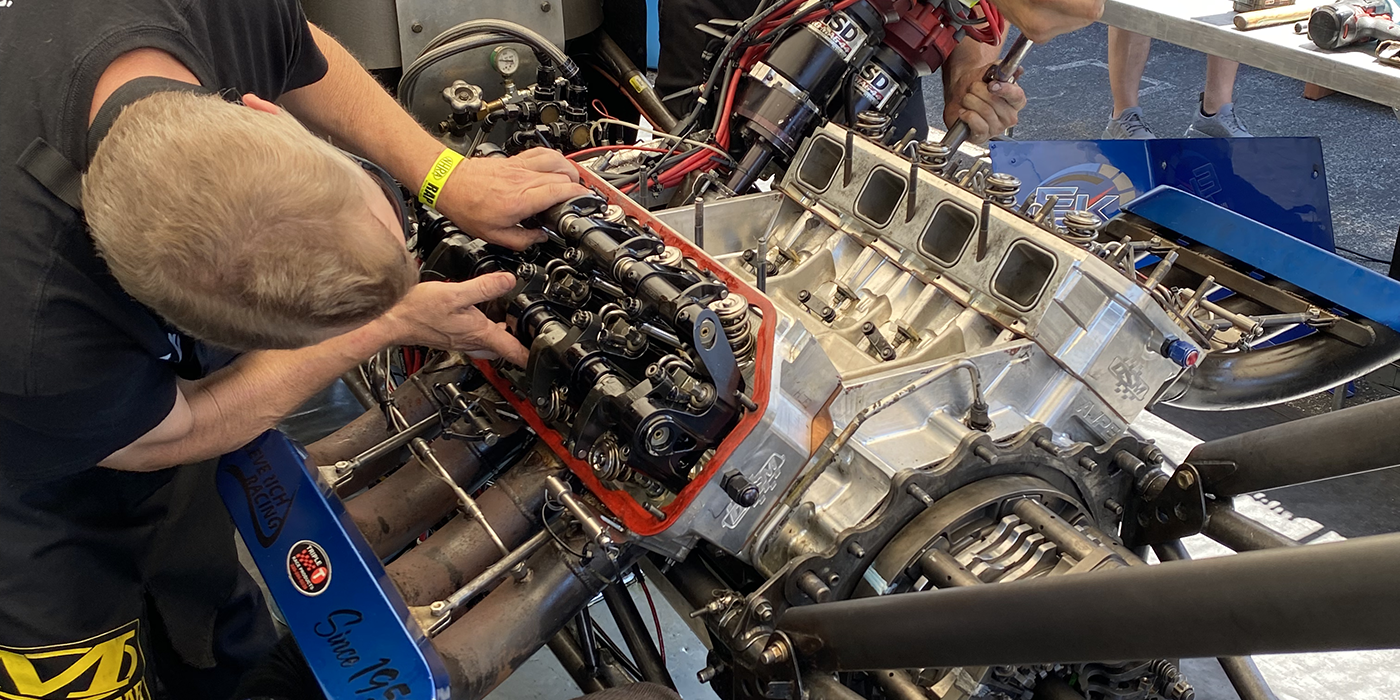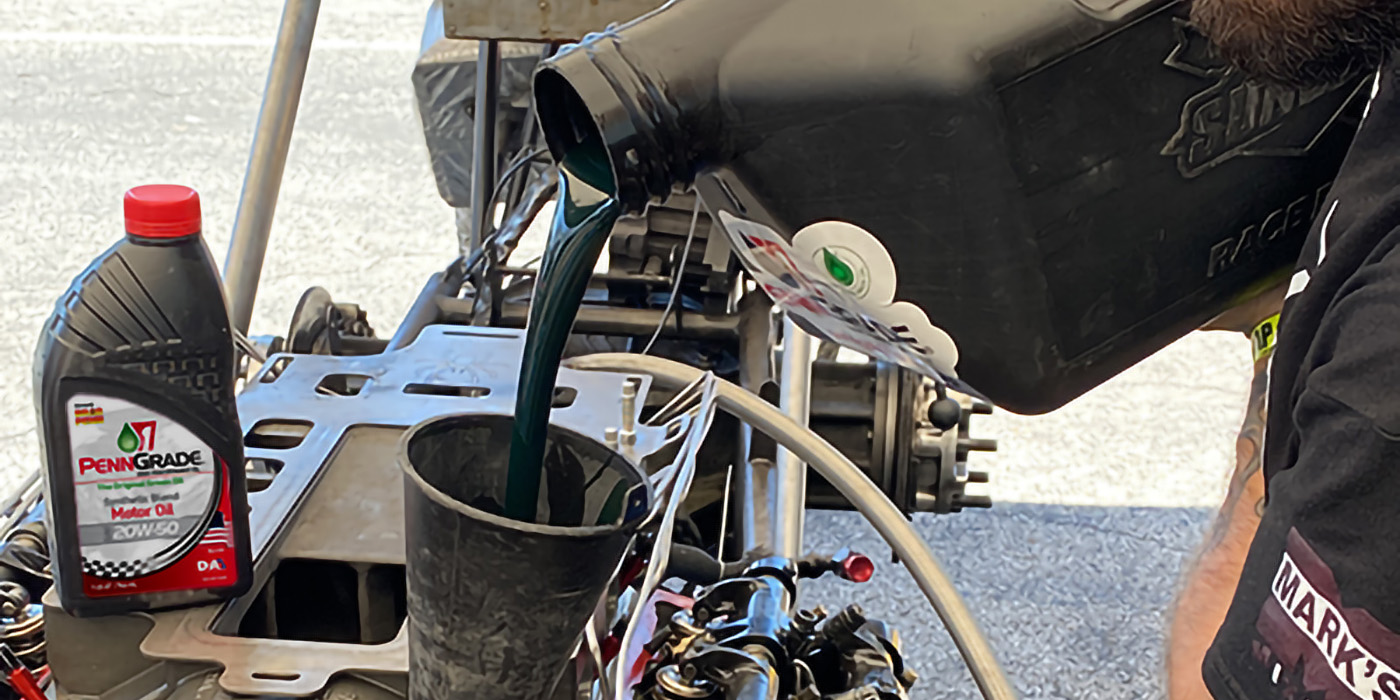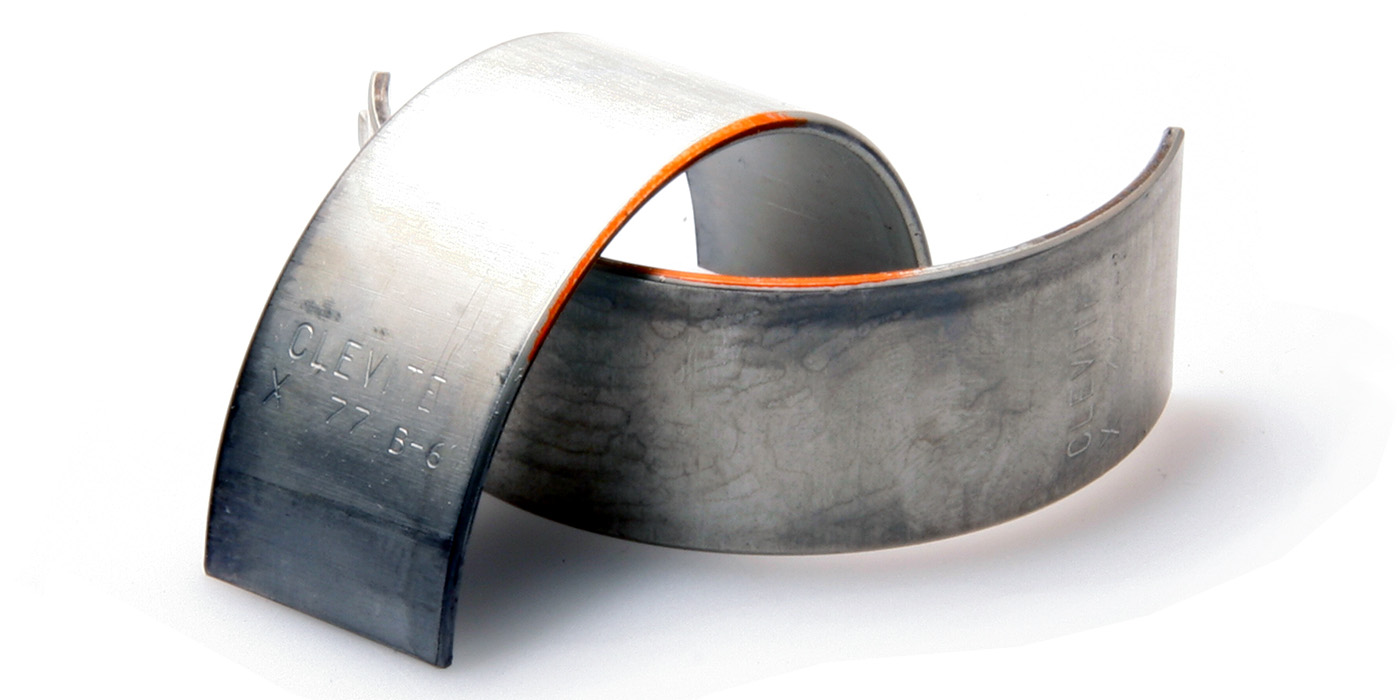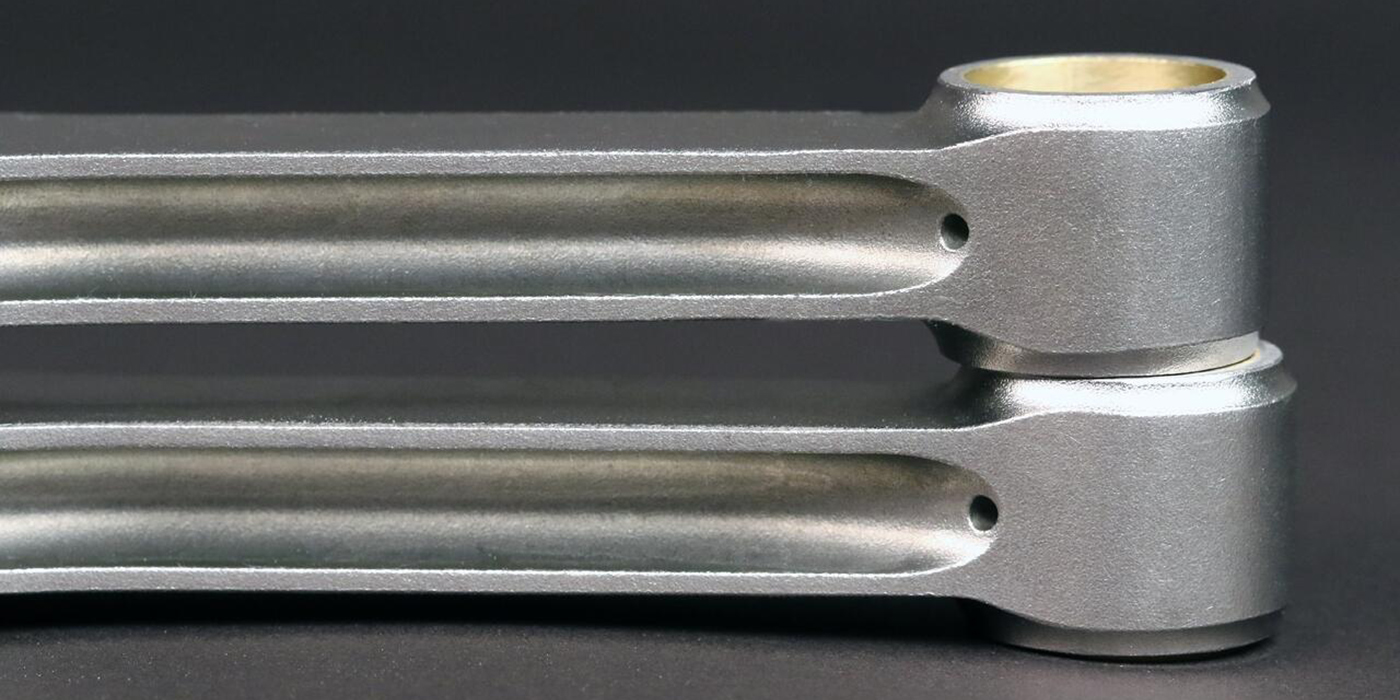Although "change" is a frightening word to many people, reasons Yamato Engine Specialists’ Asiff Dhanani, there’s simply no point in questioning it. Of all the "sure things" in business, the only certainty is that situations definitely change.
Dhanani, incoming president of PERA explains that the change in this industry is not new. Things have been changing for decades – you’d have to be Rip Van Winkle not to notice – and no real end is in sight. "It’ll continue to be challenging to all of us to handle the change," he says.
When he speaks of change, you would do well to listen. The history of Yamato Engine in Bellingham, WA, reads like an adventure story, yet Dhanani says it has only served to inspire the company to its present position.
History
Amir Dhanani and his family built owned and operated a successful custom truck body construction business in Uganda, Africa, until early 1971 when Idi Amin Dada led a military coup of the government. Although the Dhanani family was not among the estimated 80,000 Asian casualties, they lost everything they had and fled the country in November 1972. After landing in Vancouver, British Columbia, with his family, including 11-year-old Asiff, Amir found work in a local body shop. Soon he opened his own shop, specializing in Japanese cars finding their way to the streets of North America. Although he was considered foolish by many for working on Japanese cars, Amir continued servicing these new vehicles.
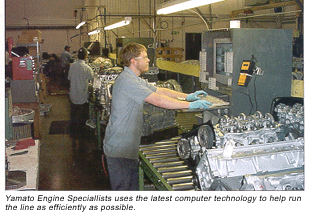
"It was about 1975," recalls Asiff, "and the Honda Civic was just coming out. In a few years, it seemed they all started blowing up. Because we were already doing the body work – which, at that time was either extremely forward thinking or completely nuts – we began offering mechanical service as well."
In 1978, the Dhanani family business began remanufacturing engines and carburetors in an assembly line format, and local shops frequently referred customers to the only shop that had the tools and knowledge to work on these imports.
"I remember getting my first training in engine remanufacturing," says Asiff. "I was honing blocks with a 1/2-inch drill with a flex hone and I didn’t know what I was doing. With my fingers I would check the bore finish. I didn’t know anything about surface finish, whether it was straight or round, yet somehow it seemed to be okay."
Dhanani says the techniques soon improved, although the early Honda engines continued to experience problems. "We did about three engines a day and soon Honda dealers from all over the country were shipping us motors," he says.
As the Canadian facility became more sophisticated under the guidance of Asiff, the elder Dhanani decided to expand his operations to include a Hong Kong remanufacturing operation in 1985. When this partnership didn’t meet expectations, it was sold in 1988 and Amir and his youngest son, Shafique, returned to Canada, still looking to expand the Yamato market base.
"In 1989, we were planning to move our plant from Canada to Bellingham, WA. We started building a new 25,000 sq.ft. manufacturing facility on Port of Bellingham land near the Bellingham International Airport. We got a call from a remanufacturing operation in California that had a Mazda rotary engine plant they wanted to sell. They made us an offer we couldn’t refuse, so we brought the plant up to our new Washington facility, brought some people up to train and then they began buying all of our production.
"We built about 800-900 rotary engines the first year, and though the popularity of the rotary was on the downswing, it gave us a very good startup."
Bad cores spelled the demise of Yamato’s rotary engine business. "We found out at the beginning that we’d have to open two or three engines in order to build one, because we would have to reuse so many different parts," says Asiff. "When it got to the point where we needed seven to eight engines to make one, we realized we couldn’t do them anymore."
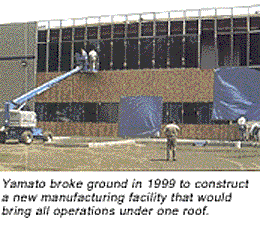
However, Yamato was firmly entrenched in the business of remanufacturing Japanese engines. The Dhanani family – all employed in leadership positions at the company – enhanced their reputation for turning out high quality work. "We had a niche and there was a growing demand for Japanese engines," says Asiff.
During 1993, Amir Dhanani was surprised to learn that the property seized by Idi Amin more than 20 years earlier was being returned to him by a new Ugandan government. With the liquidation of those assets, Yamato Engine Specialists was able to continue its growth.
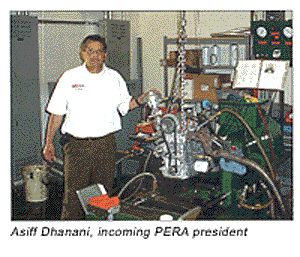
In the mid-1990s, Jasper Engines and Transmissions began purchasing Yamato engines to test and compare relative quality. "Jasper had been getting pressure from its customers for import engines, but had too much domestic business to get into the import market as it wished," says Dhanani. In 1999, Yamato was approached to become the exclusive import engine remanufacturer for Jasper.
"Though they offered to buy all of our engines, it was still tough to make that jump. We had to weigh the pros and cons of the deal, but without a doubt, we haven’t regretted forming the relationship," says Dhanani. "Today, we’re shipping almost 1,000 engines a month, each with a three-year, 75,000 mile warranty, exclusively to Jasper."
Due to its contractual relationship with Jasper, as well as the proceeds from liquidated Ugandan holdings, Yamato broke ground in 1999 to construct a new manufacturing facility that would bring all operations under one roof.
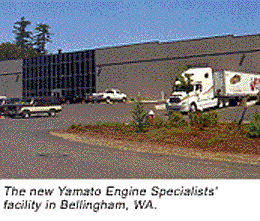
Today, the firm occupies a 75,000 sq.ft. manufacturing facility, with state of the art production ergonomics and material flow. Yamato still uses its original 25,000 sq.ft. facility for parts and engine warehousing and as a base of operations for Jasper Engines and Transmissions Northwest. JET Northwest is Yamato’s first franchise sales dealership, selling the complete line of Jasper products, including domestic and import engines, diesels, stern drives, transmission and differentials.
Much of the company’s success, says Asiff, is due to his family’s involvement. "This is a family business and we rely heavily on each family member’s strengths. We would not be where we are today without each one of them. My brother Shai runs the quality and production departments, my sister Shilo is the office administrator and my Mom Gulshan, is the comptroller of all our businesses. My dad, Amir still travels to all the offshore factories that we do business with. And we all have participated in numerous other tasks."
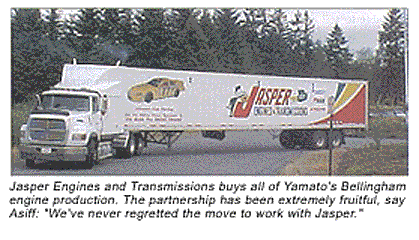
Joining The Association
We joined PERA in the early ’90s because it seemed like a good business move to do so," explains Asiff. I thought we could take advantage of volume discounts. That’s what I originally thought it was all about."
Dhanani says the relationships he has built since joining PERA proves there’s more to association involvement than just better pricing. "Because we were selling import engines at a time when very few of our contemporaries were, we were first able to sell a lot of engines to them, then provide a great deal of advice when they started getting into the business themselves."
With the recent changes in PERA leadership and relocation of the main office, Asiff says the association is undergoing a major transformation, one that so far has been seamless. "The people at Automotive Parts Rebuilders Association (APRA, which now manages PERA) are doing a fine job. Sure, there will be hiccups with the transition; we’ll need to rely on the experiences of past presidents and various program committees but it will work out well."
One of Dhanani’s key interests is technology, and he believes the industry needs more knowledge transfer to survive. "Technology is very important and it’s vital that our association stays focused on the technology required to build these late model engines. At Yamato, we’ve been doing twin-cam and multivalve, bi-metal engines since I started, so it’s really not that complicated to us. But I think we have an advantage over a lot of shops not familiar with these technologies. We learn more every day and we try to share it as we can."
Other recent industry changes perhaps signal an opportunity for everyone involved in breathing new life into old engines to cooperate, says Dhanani. "Our associations need to stick together in order to survive. I think there are a lot of things the large PERs can teach to smaller rebuilders about how best to do things – or perhaps why not doing it at all may be the better choice."
|
PERA 58th Annual Convention To Be Held in Park City, Utah
Location is everything, and Park City, Utah has it all. Attendees will enjoy the natural beauty surrounding them as they take advantage of a wide range of summer outdoor activities. When it’s time to get down to business, PERA’s Board has planned an information packed program, starting with the Keynote Address given by Wynn "Van" Bussmann, Senior Vice-President, Global Forecasting, J.D. Power and Associates. He will address "Today’s Economy and What it Means to Your Business."
William Gager, PERA Executive V.P. and APRA President, will talk about the recent alliance in which APRA will provide management services to PERA.
Gerald O. Cecil, CPCU, ARM, with Universal Underwriters Insurance Company will explain how to maximize insurance coverage and reduce costs.
John A. Passante, Special Advisor to the President of Delphi, will offer several seminars. The first seminar will address key Human Resource issues. His second will address the concept of change.
Doug Bawel, President of Jasper Engines and Transmissions will be the luncheon speaker, sharing his "Secrets of Building a Winning Team On and Off the Track."
For more information, or to register for the 58th Annual PERA Convention, please go online to http://www.pera.org/ or contact Bill Gager at 703-968-2772, x103.
|

